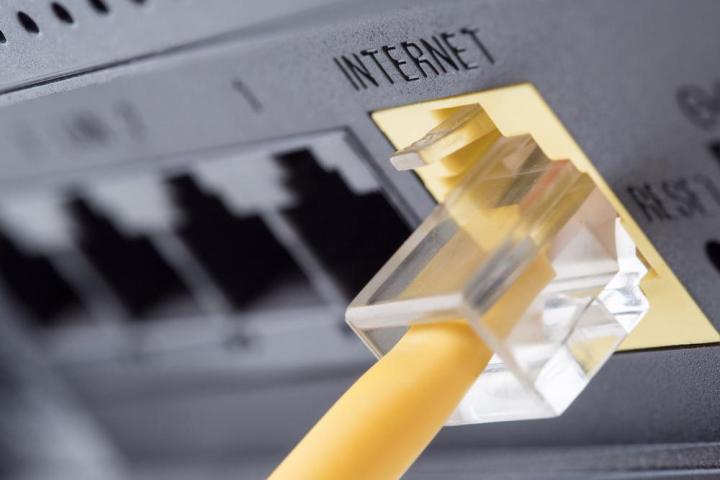
The timing of the commissioner’s remarks is rather odd, given that the FCC is considering extending its Lifeline program to help subsidize broadband Internet access for low-income Americans.
“The term ‘necessity’ should be reserved to those items that humans cannot live without, such as food, shelter, and water.”
“It is important to note that Internet access is not a necessity in the day-to-day lives of Americans and doesn’t even come close to the threshold to be considered a basic human right. I am not in any way trying to diminish the significance of the Internet in our daily lives,” said FCC Commissioner Michael O’Rielly in a speech.
“I recognized earlier how important it may be for individuals and society as a whole. But, people do a disservice by overstating its relevancy or stature in people’s lives. People can and do live without Internet access, and many lead very successful lives. Instead, the term ‘necessity’ should be reserved to those items that humans cannot live without, such as food, shelter, and water.”
O’Rielly’s statements put him in direct opposition with many tech giants, including Internet.org, which seeks to bring Internet access to people across the world, though the problems with that particular organization run rampant as well. Additionally, some human rights organizations believe that Internet access is key to success.
In 2011, an independent UN investigator reported that an “international fact-finding mission” found that the Internet, while perhaps not a basic human necessity in and of itself, allowed for the proliferation of “other basic human rights.”
According to UN Special Rapporteur on freedom of opinion and expression Frank La Rue, “Given that the Internet has become an indispensable tool for realizing a range of human rights, combating inequality, and accelerating development and human progress, ensuring universal access to the Internet should be a priority for all States.”
In spite of all this, O’Rielly seemed rather perturbed by the notion of the Internet as a truly indispensable asset to human life, saying, “Human rights are standards of behavior that are inherent in every human being. They are the core principles underpinning human interaction in society. These include liberty, due process or justice, and freedom of religious beliefs. I find little sympathy with efforts to try to equate Internet access with these higher, fundamental concepts.”
While we can all agree that the Internet isn’t exactly comparable to food and shelter, to what extent access to the Web is a fundamental right that our government should protect is still up for debate.


